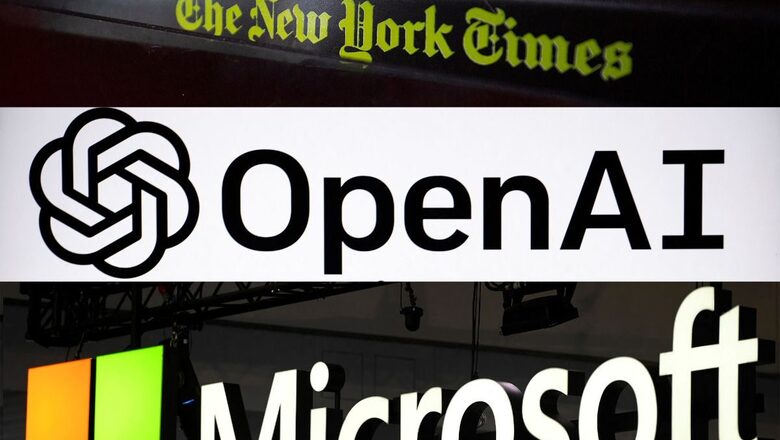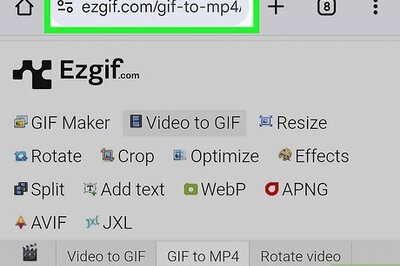
views
OpenAI, the company behind ChatGPT, has openly criticised The New York Times and called its lawsuit against it “without merit,” stating that the publication is “not telling the full story.”
In the blog post titled ‘OpenAI and Journalism,’ OpenAI has come forward and explained why it disagrees with the claims in The New York Times lawsuit and how it is working with news organisations to create new opportunities for mutual benefit.
For those uninitiated, The New York Times sued OpenAI and its backer Microsoft for alleged copyright infringement by using its reporting to train GPT, its Large Language Model (LLM) behind ChatGPT, and therefore, directly competing with Times’ content. Furthermore, the lawsuit also emphasises that this move can “threaten high-quality journalism” by not allowing news companies to protect themselves and lose out on monetisation.
OpenAI Says The New York Times Manipulated Text Prompts, But It Still Wants To Work With It
In the post, OpenAI notes that the regurgitations that The New York Times reported appear to be from years-old articles that have already made their way to third-party websites. “It seems they intentionally manipulated prompts, often including lengthy excerpts of articles, in order to get our model to regurgitate,” OpenAI said.
It added: “Even when using such prompts, our models don’t typically behave the way The New York Times insinuates, which suggests they either instructed the model to regurgitate or cherry-picked their examples from many attempts.”
Despite this, OpenAI says that this isn’t a permissible user activity, not typical, and not a substitute for The New York Times. The company hopes that a “constructive” partnership is established between it and the Times, especially considering the rich history of the publication.
OpenAI Says ChatGPT Is Helping Journalists With Time-Consuming Tasks
The company notes that it aims to support a healthy news ecosystem and create mutually beneficial relationships. It says the company’s tools, such as ChatGPT, are already helping reporters and editors by assisting them in analyzing public records and translating stories. Moreover, it also displays real-time content with attribution in ChatGPT, which facilitates “new ways for news publishers to connect with readers.”
Notably, the AI giant has already partnered with organizations including Associated Press, Axel Springer, American Journalism Project, and NYU.
















Comments
0 comment